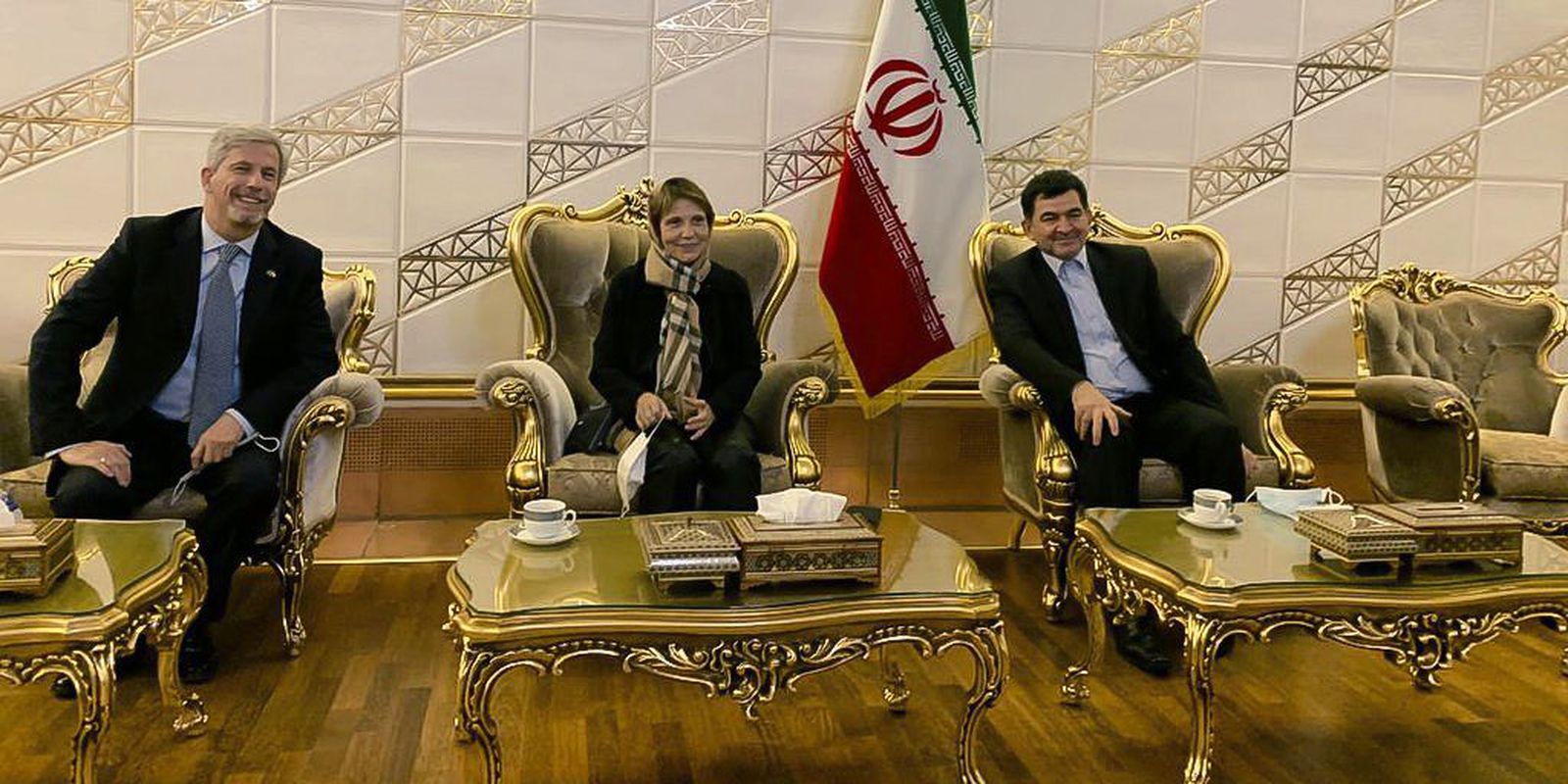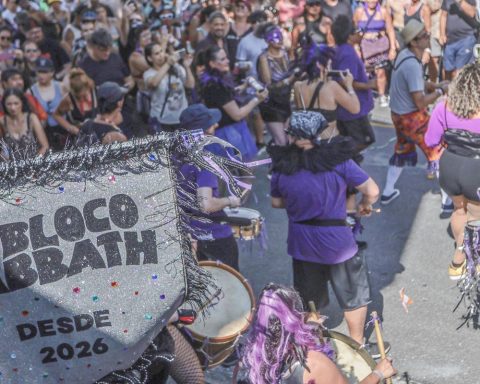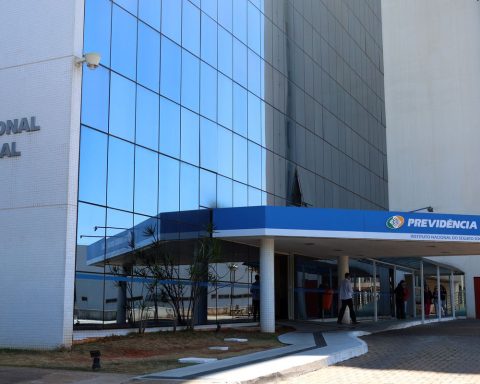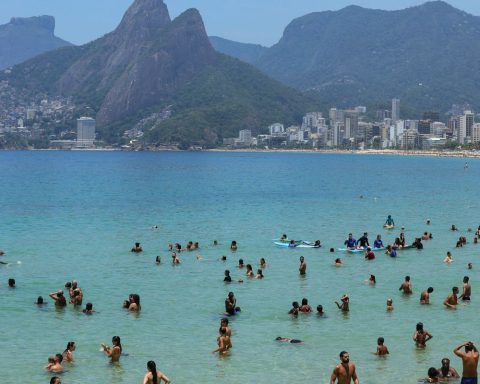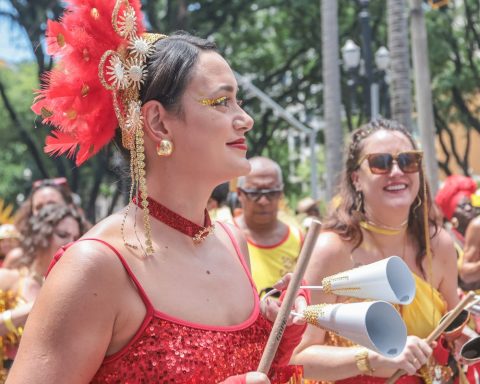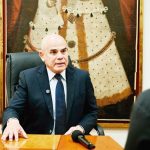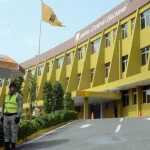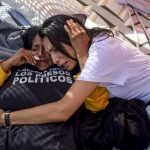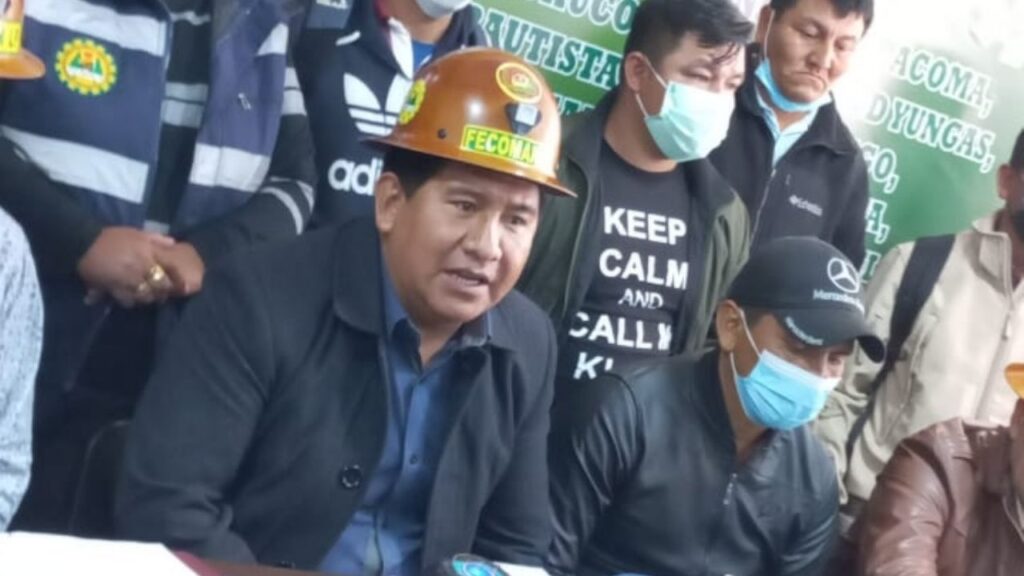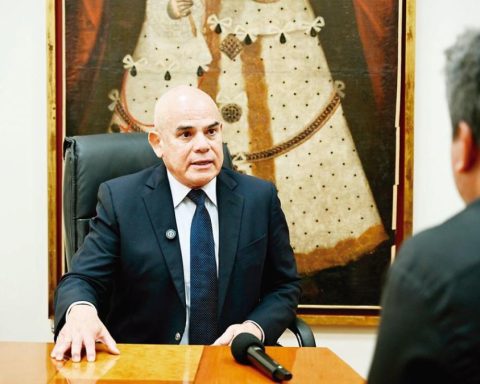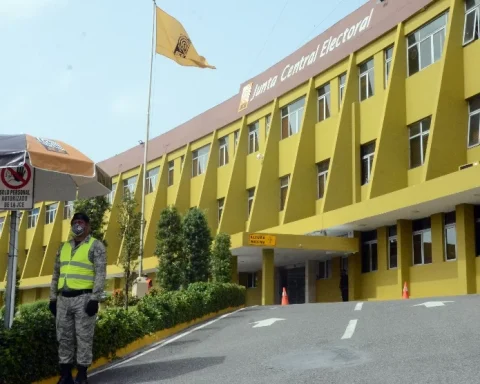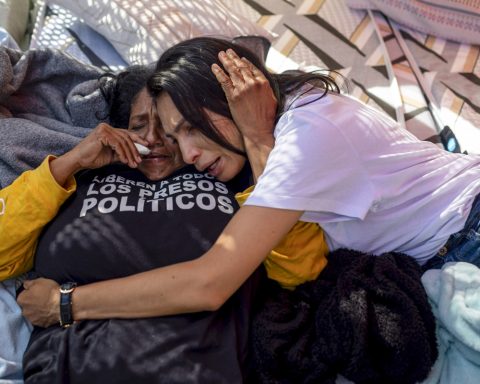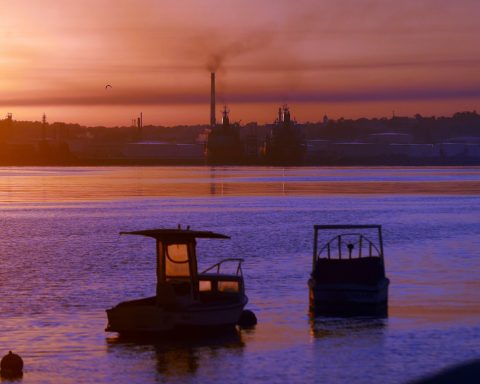The Minister of Agriculture, Livestock and Supply, Tereza Cristina, is on her way to Iran, where she will carry out a business agenda in the area of fertilizers for the agricultural sector, with a focus on importing Iranian urea. According to the ministry, the minister’s schedule includes a meeting with the Minister of Agriculture of Iran, Seyed Javad Sadati Nejadi, and with the president of the Agriculture Commission of the Iranian parliament, deputy Muhammad Askari, in addition to meetings with the Brazilian-Brazilian Chamber of Commerce. Iran and with the Business Forum between the two countries. A visit to Shiraz Petrochemical, an important urea producer, and the Shiraz Chamber of Commerce is also planned. 
“Brazil is a major exporter of food to Iran and Iran is a major exporter of fertilizers, mainly urea, to Brazil. I am sure that it will be a very successful mission and many business opportunities will arise,” said the minister. , in their social networks. She is being accompanied by a delegation of Brazilian businessmen.
In 2020, Brazil exported US$ 1.9 billion to Iran in agricultural products, with a strong share of corn (64.4%) and soybeans in grains (21.2%) of the total. On the other hand, sales of Iranian agricultural products to Brazil totaled US$ 2 million in 2020, mostly walnuts and chestnuts, dried grapes and other preserved fruits.
Last week, the minister was diagnosed again with covid-19. Because of this, she had to be disconnected from the entourage of ministers accompanying the President Jair Bolsonaro on the trip to Russia, where importing fertilizers is also one of the central themes. The Russians are responsible for about a third of the potassium chloride and almost all of the ammonium nitrate imported by Brazil, two of the most used fertilizers in agriculture.
Currently, Brazil imports more than 80% of the fertilizers used in agribusiness. Because of this external dependence and the risk of fertilizer shortages in the international market, which could affect the grain harvest in 2023, the federal government created an interministerial working group (WG) to discuss the topic.
The idea is to develop a policy to expand the national production of agricultural fertilizers. One of the initiatives under study is the liberation of the exploitation of potassium reserves in the Amazon and also of mineral resources in indigenous lands.
